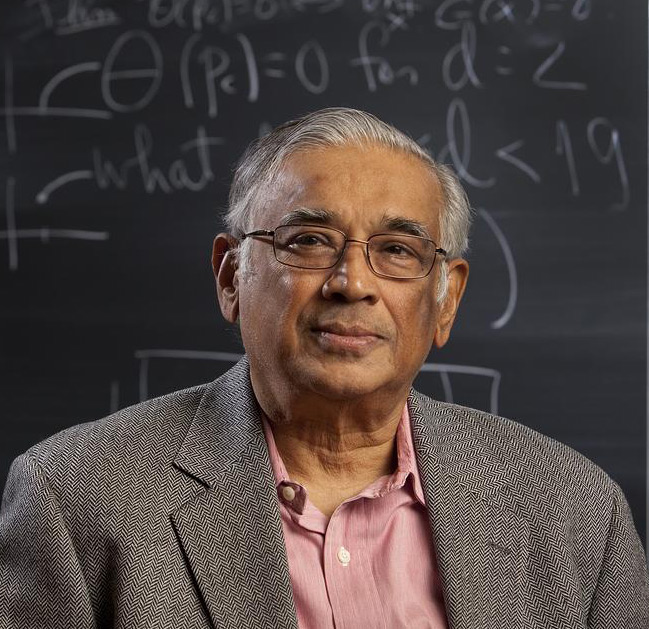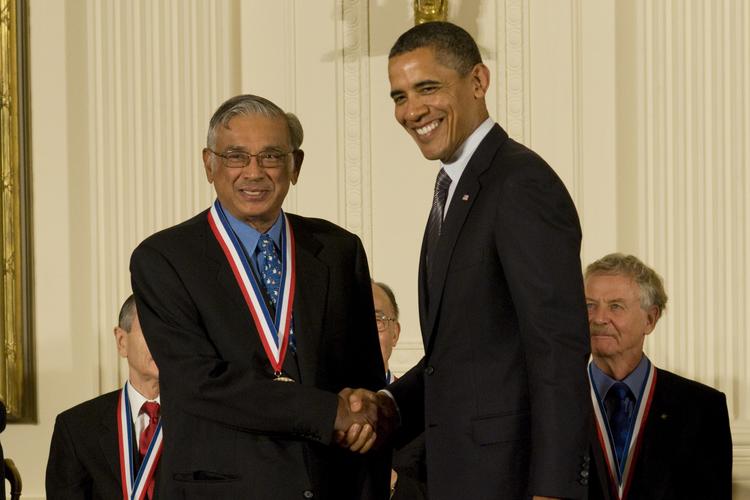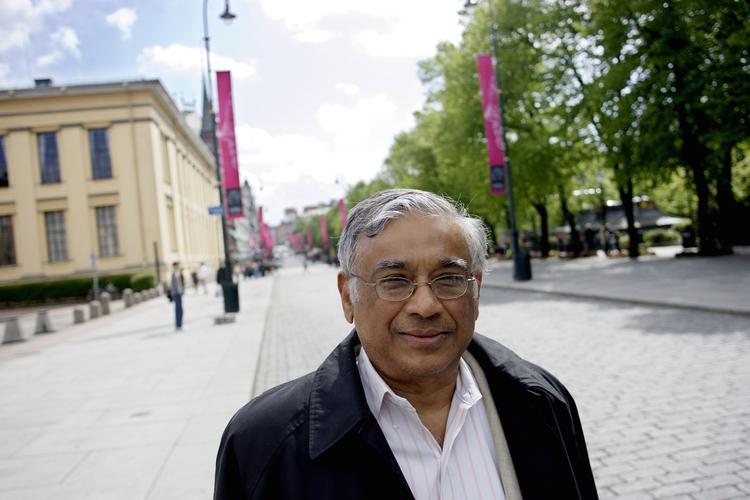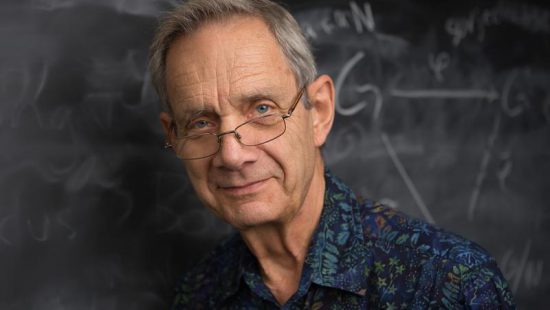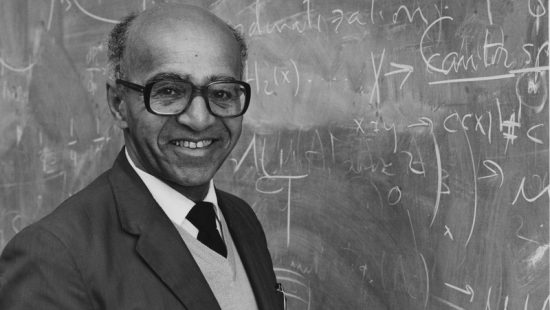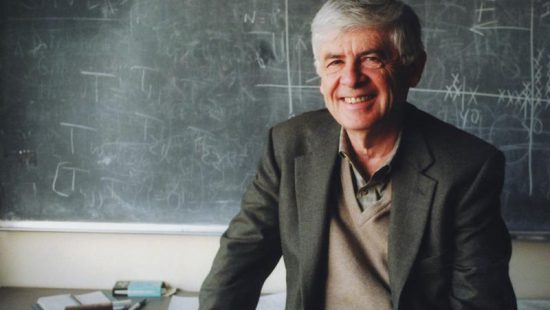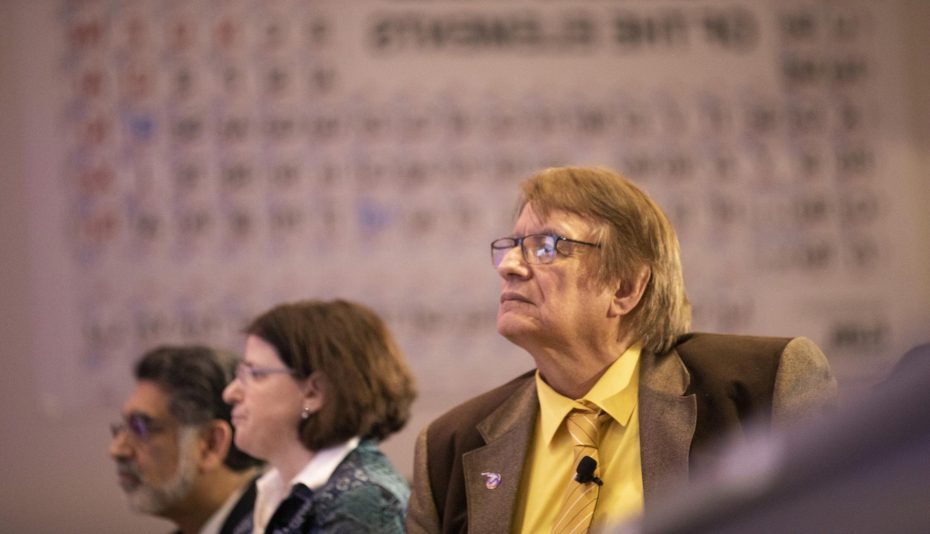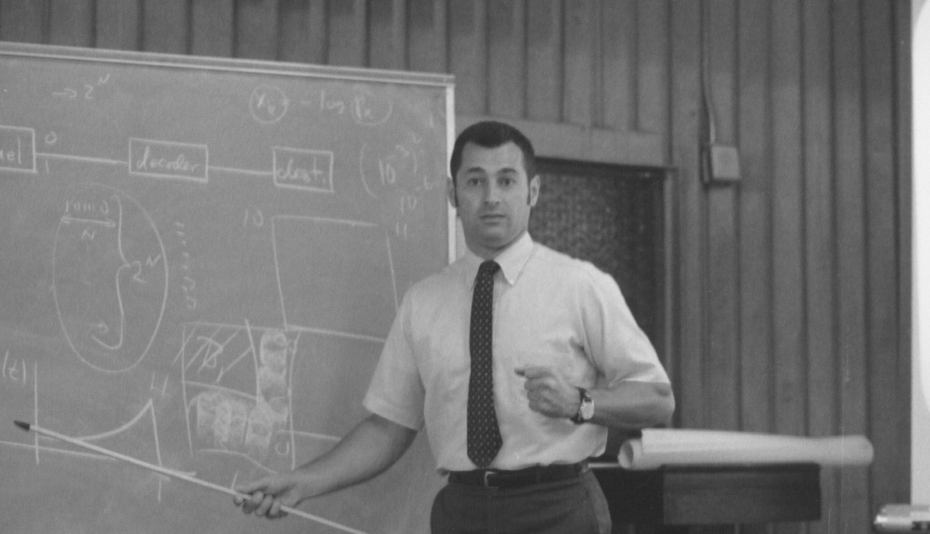Srinivasa Varadhan’s love of mathematics dates back to his high school days. On weekends, his math teacher would give some of the higher-achieving students additional problems to solve. The students treated the problems as if they were part of an intellectual game, almost like chess.
“That attitude made mathematics a much more friendly subject, not something to be afraid of,’’ Varadhan would tell an interviewer decades later.
Born in India, Varadhan earned his doctorate from Calcutta’s Indian Statistical Institute in 1963 and in the subsequent decades expanded the boundaries of modern mathematics through his pioneering work in probability theory, including his creation of a unified theory for large deviations.
Known to his friends as “Raghu,” Varadhan came to the United States for postdoctoral work at the Courant Institute of Mathematical Sciences at New York University in 1963 and never left, eventually becoming the Frank J. Gould professor of science.
He is a member of the National Academy of Science, the American Academy of Arts and Sciences, and in 2007 received the Abel Prize, given annually by the government of Norway. In 2008, he received the Padma Bhushan from the government of India.
By Robert Warren

